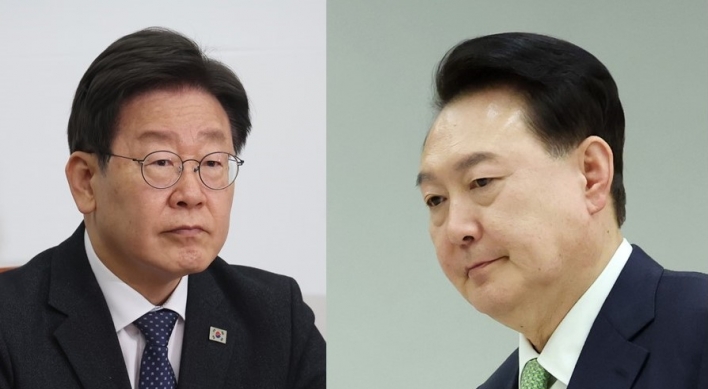ROME (AP) ― Riccardo Muti, the master conductor, is sounding an ominous note, and it isn’t rising from the orchestra pit.
The former longtime maestro at Milan’s La Scala opera house is worried that the stubborn financial crisis in much of the world risks impoverishing not just public coffers but also the arts, whose budgets, often lean even in good economic times, are among the biggest casualties in many countries.
And, said the man known for his dramatic flair at the podium, there’s more than just the risk of darkened theaters or silenced concert halls.
Muti even fears the loss of a people’s very identity.
“For our governing leaders, culture is something less important, less necessary, above all in times of economic difficulties,’’ Muti said in an interview Tuesday evening with the Associated Press at Rome’s Teatro dell’Opera, where he will conduct Giuseppe Verdi’s “Simon Boccanegra’’ in the season’s opener Nov. 27.
“But a people without culture is a people that loses its identity. We haven’t reached that point yet, but the danger is there.’’
There are some rays of light for the maestro, who spoke enthusiastically about his current role as music director of the Chicago Symphony Orchestra (“mutual love’’) and about the future of music, which he predicted will bring people together around the world. The maestro appeared relaxed in a free-ranging conversation while seated on a crimson velvet couch in a private drawing room in the theater.
While some Europeans chafe at Germany’s demands that struggling eurozone countries cut their public spending to the bone, Muti said Germany had found the right formula for treating the arts.
There were budget cuts for the arts in much of Europe, “but not in Germany.’’ Muti said the Berlin Philharmonic, where he has often been a guest conductor, didn’t suffer from budget ax-wielders.
“The Germans understand more than others that culture isn’t just spiritual well-being, but when it’s utilized well, when it’s valued, it brings economic well-being,’’ Muti said.
The former longtime maestro at Milan’s La Scala opera house is worried that the stubborn financial crisis in much of the world risks impoverishing not just public coffers but also the arts, whose budgets, often lean even in good economic times, are among the biggest casualties in many countries.
And, said the man known for his dramatic flair at the podium, there’s more than just the risk of darkened theaters or silenced concert halls.
Muti even fears the loss of a people’s very identity.
“For our governing leaders, culture is something less important, less necessary, above all in times of economic difficulties,’’ Muti said in an interview Tuesday evening with the Associated Press at Rome’s Teatro dell’Opera, where he will conduct Giuseppe Verdi’s “Simon Boccanegra’’ in the season’s opener Nov. 27.
“But a people without culture is a people that loses its identity. We haven’t reached that point yet, but the danger is there.’’
There are some rays of light for the maestro, who spoke enthusiastically about his current role as music director of the Chicago Symphony Orchestra (“mutual love’’) and about the future of music, which he predicted will bring people together around the world. The maestro appeared relaxed in a free-ranging conversation while seated on a crimson velvet couch in a private drawing room in the theater.
While some Europeans chafe at Germany’s demands that struggling eurozone countries cut their public spending to the bone, Muti said Germany had found the right formula for treating the arts.
There were budget cuts for the arts in much of Europe, “but not in Germany.’’ Muti said the Berlin Philharmonic, where he has often been a guest conductor, didn’t suffer from budget ax-wielders.
“The Germans understand more than others that culture isn’t just spiritual well-being, but when it’s utilized well, when it’s valued, it brings economic well-being,’’ Muti said.
-
Articles by Korea Herald







![[KH Explains] No more 'Michael' at Kakao Games](http://res.heraldm.com/phpwas/restmb_idxmake.php?idx=644&simg=/content/image/2024/04/28/20240428050183_0.jpg&u=20240428180321)


![[Weekender] How DDP emerged as an icon of Seoul](http://res.heraldm.com/phpwas/restmb_idxmake.php?idx=644&simg=/content/image/2024/04/25/20240425050915_0.jpg&u=)







![[Herald Interview] Mistakes turn into blessings in street performance, director says](http://res.heraldm.com/phpwas/restmb_idxmake.php?idx=652&simg=/content/image/2024/04/28/20240428050150_0.jpg&u=20240428174656)
